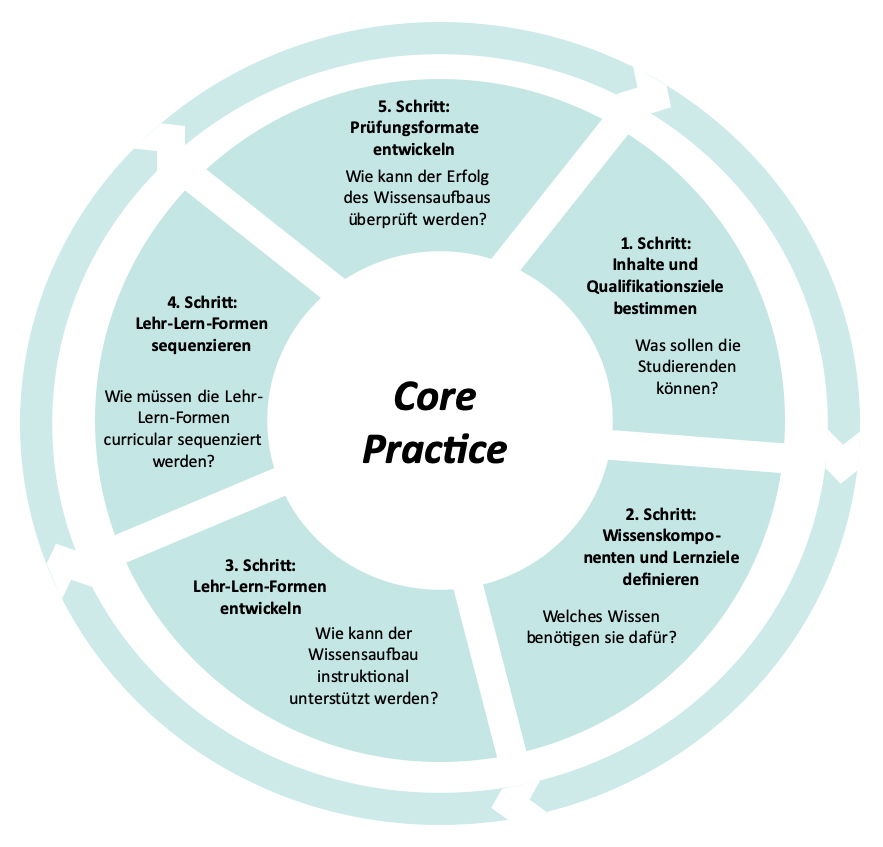Contact
Prof. Dr. Thamar Voss
Teaching, Learning, and Motivation
thamar.voss|at|ezw.uni-freiburg.de
CuPha
Curriculum Phasenübergreifend im Lehramt
Coherent curriculum across the phases of teacher education
In Germany, formal teacher education involves two phases. Phase 1 takes place at the university, where students usually study two teaching subjects and attend general courses in psycholo-gy, pedagogy, or sociology. Phase 2 involves a compulsory student-teaching phase. During this phase, teacher candidates are allocated to placement schools, where they gradually take on higher levels of teaching responsibilities. The universities are mainly responsible for Phase 1 of teacher training, whereas state-run teacher education institutes at the school district level (“Studienseminare”) are responsible for the student-teaching phases. The curricula of the two phases of teacher education are often not aligned.
In our project CuPHa, we collaborate closely with actors in the second phase of teacher educa-tion to design a coherent curriculum across the phases.
The theoretical basis for this alignment is the ‘core practices’ approach. Core practices, such as explaining, giving feedback, or preventing student misbehavior, are high-leverage practices that occur with high frequency in teaching and have a demonstrated evidence-based potential to impact student achievement. The classroom situations in which teachers and students interact are highly complex. Focusing on core practices of teaching acknowledges that teaching is com-plex, while at the same time providing an opportunity to focus on key elements of teaching. In our project, we identify a set of core practices, break them down into the knowledge components involved, and investigate how to optimally promote their development with adequate learn-ing opportunities.

Publications
Voss, T., Wittwer, J., & Nückles, M. (2019). Kohärenz zwischen Theorie und Praxis durch Fokussierung auf Core Practices. Ein instruktionspsychologischer Ansatz zur Abstimmung der Phasen der Lehrerbildung. In BMBF (Hrsg.), Profilbildung im Lehramtsstudium. Beiträge der „Qualitätsoffensive Lehrerbildung“ zur individuellen Orientierung, curricularen Entwicklung und institutionellen Verankerung (S. 123–131). BMBF.
Wittwer, J., Kratschmayr, L., & Voss, T. (2019). Wie gut erkennen Lehrkräfte typische Fehler in der Formulierung von Lernzielen? Unterrichtswissenschaft, 48, 113–128. https://doi.org/10.1007/s42010-019-00056-5

